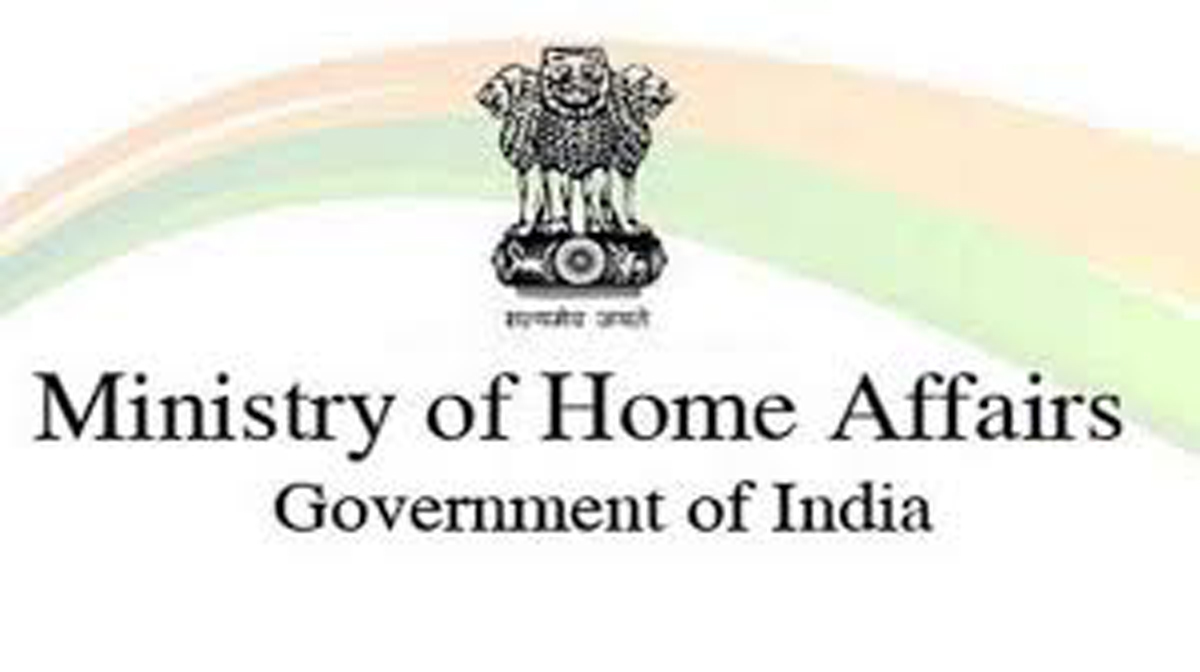Step taken in view of difficulties being faced by UT admn
Pay & allowances to be at par with HC Judge
Mohinder Verma
JAMMU, Apr 5: Ministry of Home Affairs has relaxed the eligibility criteria for the appointment of Ombudsman for the Urban Local Bodies and Panchayati Raj Institutions in the Union Territory of Jammu and Kashmir. Moreover, those who will hold these important posts will be entitled to pay and allowances equivalent to the Judge of the High Court of Jammu and Kashmir.
This has been done by way of amendments carried out in the Jammu and Kashmir Municipal Ombudsman Act, 2010 and Jammu and Kashmir Ombudsman for Panchayats Act, 2014 through Jammu and Kashmir Reorganization (Adaptation of State Laws) Order, 2020 dated March 31, 2020.
The eligibility criteria for the appointment of two Ombudsman has been relaxed in view of the difficulties being faced by the administration of Union Territory of Jammu and Kashmir in filling up of these posts, which have been entrusted with the responsibility of ensuring utmost transparency and accountability in the functioning of the Urban Local Bodies and Panchayati Raj Institutions.
In the first proviso of Sub-Section 1 of Section 3 of the Jammu and Kashmir Municipal Ombudsman Act, 2010, it was mentioned that a person shall not be qualified to be appointed as Ombudsman unless he has been a Judge of the High Court or eligible to be promoted as Judge of the High Court.
However, this proviso has been amended by the Ministry of Home Affairs and now a Judge of the High Court or is eligible to be appointed as Judge of the High Court as well as the person who has held the post of Commissioner or Secretary to the Government or equivalent rank is eligible for the post of Municipal Ombudsman.
Similarly, Sub-Section 2 of Section 4 of the un-amended Act read: “The Ombudsman shall be entitled to salary and allowances as admissible to a Judge of the High Court or the District Judge as the case may be”. However, this Sub-Section has been amended and now it read: “The Ombudsman shall be entitled to pay and allowances as admissible to a Judge of the High Court only”.
There was another proviso in Section 3 of the Act as per which the ombudsman was to be appointed after the Chief Minister tenders advise to the Governor in consultation with the Chairman of the Legislative Council, the Speaker of the Legislative Assembly and the leader of the Opposition in the Legislative Assembly.
However, it has been made clear by the Ministry of Home Affairs that during the continuation of Proclamation issued under Section 73 of the Jammu and Kashmir Reorganization Act, 2019, the Ombudsman shall be appointed by the Lieutenant Governor on the recommendation of the committee consisting of Advisors (one of whom shall be nominated by the Lieutenant Governor, who shall be the Chairperson of the Committee) and Chief Secretary as Member-Secretary of the Committee.
All these provisions will also be applicable as far as appointment of Ombudsman for the Panchayati Raj Institutions (PRIs) is concerned.
“With these amendments particularly with regard to eligibility criteria the Government of Union Territory of Jammu and Kashmir will not face any difficulty in making appointment of Ombudsmen as early as possible”, official sources told EXCELSIOR.
They further said, “there may be difficulty in identifying retired Judge of the High Court for the posts of Ombudsmen but the persons who have held the post of Commissioner or Secretary to the Government or equivalent rank can be easily identified for filling these posts”.
The objective behind appointment of Ombudsman for Urban Local Bodies and PRIs is to ensure timely investigation into charges of corruption and maladministration in these grass root level democratic institutions.
The Ombudsmen, for the purpose of investigation, shall have the powers as are vested in the Civil Court while trying a suit under the Code of Civil Procedure in respect of summoning and enforcing the attendance of any witness and examining him; requiring the discovery and production of any document, receiving evidence on affidavits and requisitioning public records from any court or office.
Trending Now
E-Paper


